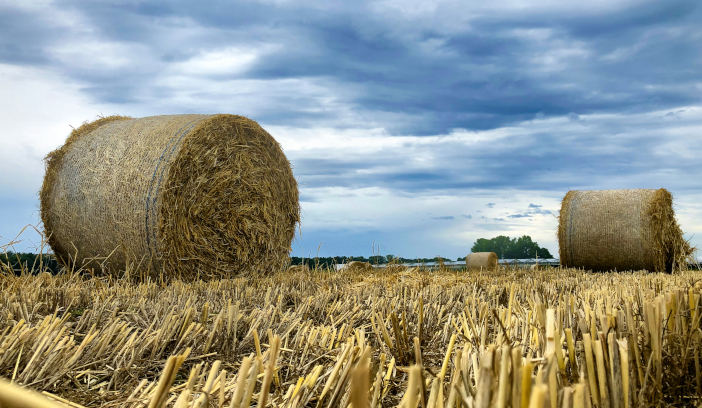The heatwave has likely left growers with stubbles in very dry soils, which will be hard to break down, says Timac Agro UK’s arable business director David Harrod.
As such, farmers could be left with long-term soil health and quality impacts, especially if the heatwave’s effects are not managed appropriately before autumn drilling. However, with farmers moving toward minimum tillage techniques, ‘breaking down fibrous matter after harvest is becoming one of their biggest challenges.’

Furthermore, with the rising cost of nitrogen and changing regulations, conventional approaches to breaking down crop residues are unviable, adds Mr Harrod.
“Traditionally, farmers will have been applying 30-35kg/ha of nitrogen, as either urea or ammonium nitrate, to stubbles. However, with nitrogen prices at £750/t or more, and only oilseed rape allowed to take autumn nitrogen, growers cannot afford to do this.”
Soil conditioners
Therefore, Mr Harrod is recommending that growers use a soil conditioning product designed to help break down crop residues.
“A product like Humistart+, from Timac Agro, contains humic- and fulvic-acids, calcium and seaweed extracts, which start to break down organic matter right away – without any need for additional nitrogen.”
Such products also have the added benefits of unlocking nutrition, improving soil structure for following crops, and being more environmentally friendly than nitrogen applications.
“These soil conditions promote microbial activity, the bugs and microbes in the soil, as well as worms, so there’s more aeration in the soil when you use these products,” says Mr Harrod.
“They also help to release the natural mineral nitrogen that’s already present in the soil, making it available for the following crop, while helping to stimulate early root growth once the following crop has been drilled.”
“I’m certain the use of soil conditioners will become much more common as the industry widely adopts min-til practices,” he concludes.


